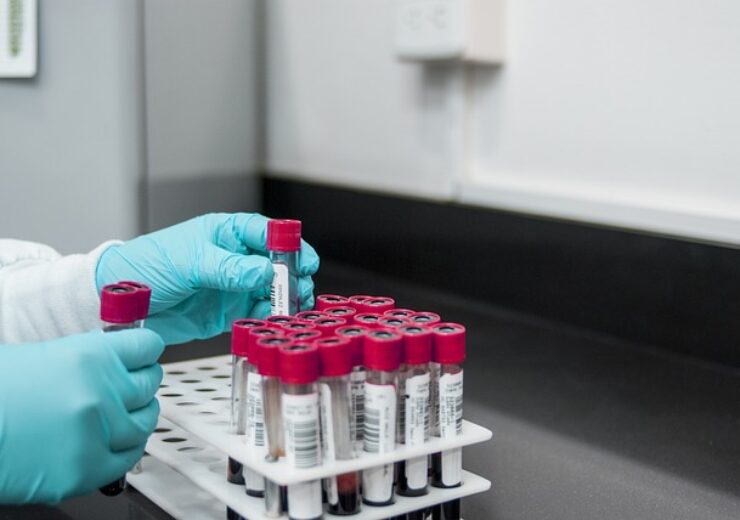The results revealed that a one-time treatment with Yescarta demonstrated significantly longer overall survival compared to SOC with a median follow-up of four years

The Phase 3 ZUMA-7 study of Yescarta in patients with relapsed or refractory large B-cell lymphoma featured 359 patients. (Credit: fernando zhiminaicela from Pixabay)
Kite, a unit of Gilead Sciences, announced that its Yescarta (axicabtagene ciloleucel [axi-cel]) CAR T-cell therapy has shown significantly longer overall survival against standard of care (SOC) in Phase 3 ZUMA-7 study of patients with relapsed or refractory large B-cell lymphoma (R/R LBCL).
YESCARTA is a CD19-directed genetically modified autologous T-cell immunotherapy. It is said to be the first treatment in three decades that showed a significant improvement in survival in this patient population.
The ZUMA-7 study compared the US Food and Drug Administration (FDA)-approved Yescarta against SOC as an initial treatment in the curative setting for R/R LBCL patients.
The results, published in the New England Journal of Medicine, revealed that a one-time treatment with Yescarta demonstrated significantly longer overall survival compared to SOC with a median follow-up of four years.
Kite said that T-cell immunotherapy also reduced the risk of death by 27.4%, which corresponds to a 38% improvement in overall survival, for patients with R/R LBCL within 12 months of completion of first-line therapy.
Kite Clinical Development global head Frank Neumann said: “Overall survival is the gold standard in cancer treatment and confirms Yescarta’s place as a treatment of curative intent for patients with relapsed/refractory large B-cell lymphoma.
“Kite shares this momentous achievement with all of the patients and researchers who participated in the ZUMA-7 study since the first patient was randomized five years ago.”
ZUMA-7 is a randomised, open-label, global, multicentre, Phase 3 study. It assessed the safety and efficacy of Yescarta versus SOC for second-line therapy in patients with LBCL within 12 months of first-line therapy.
The trial randomised (1:1) 359 patients in 77 centres to receive a single infusion of Yescarta or SOC second-line treatment.
The primary endpoint was event-free survival (EFS) and key secondary endpoints include objective response rate (ORR) per blinded central review and overall survival (OS).
In a different development, Gilead Sciences announced that Trodelvy (sacituzumab govitecan-hziy) continues to show a durable overall survival advantage in pre-treated HR+/HER2- metastatic breast cancer in Phase 3 TROPiCS-02 study.
The study compared Trodelvy versus comparator chemotherapy in breast cancer patients who received endocrine-based therapies and at least two chemotherapies.
